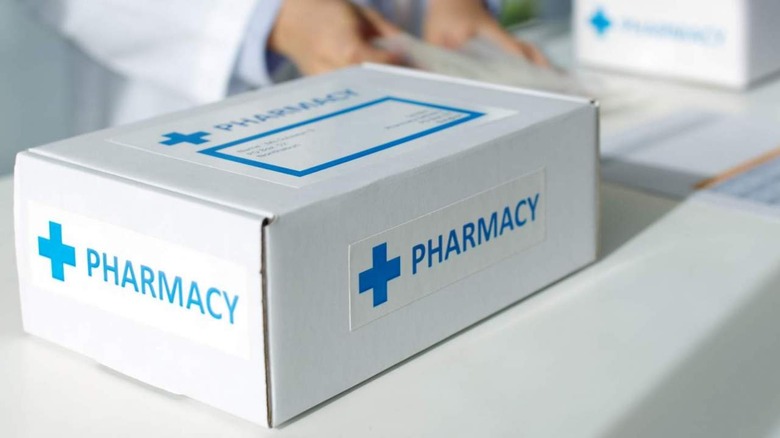FDA Wants More Info Before Approving Merck's Chronic Cough Drug
Pharmaceutical company Merck has revealed that gefapixant, its experimental drug designed to address chronic cough, still has a ways to go before hitting the US market. As part of its announcement, Merck said it has received a Complete Response Letter (CRL) from the FDA seeking more details about the drug's efficacy, meaning the agency has declined to approve the treatment at this time.
FDA wants to know more
Gefapixant is a selective P2X3 receptor antagonist that, Merck says, is still investigational at this time. The oral medication, should it ever get approval in the US, would be the nation's first drug designed to treat unexplained chronic cough (UCC) and refractory chronic cough (RCC) in adults.
Merck has been eyeing approval in the US for a while. The pharmaceutical company previously sent its gefapixant New Drug Application (NDA) to the FDA, ultimately receiving an acceptance response from the agency in March 2021 (via Merck). Fast-forward nearly a year and the FDA has finally sent Merck its Complete Response Letter asking for more info about gefapixant.
In its letter, which Merck says it is still reviewing at this time, the FDA requested more information about gefapixant's efficacy. The pharmaceutical company says the FDA's letter wasn't related to the drug's safety profile. It'll take time for Merck to review the CRL and get back to the agency.
Approved in Japan
Though the US FDA declined to approve the drug at this time, gefapixant received a warmer response in Japan, where the nation's Ministry of Health, Labor and Welfare made the decision to approve the treatment under the name Lyfnua. That approval covers gefapixant tablets with a 45mg dosage intended to treat adults suffering from UCC or RCC.
On September 8, 2020, Merck announced the results of two Phase 3 trials that involved treating chronic cough with two 45mg tablets of gefapixant daily compared with a placebo. The trials, which were called COUGH-1 and COUGH-2, revealed a "statistically significant" decrease in cough frequency over a 24-hour period compared to placebo at the 12-week and 24-week marks.
In a statement about the findings, Merck Research Laboratories' Dr. Roy Baynes said, "Both trials met the primary endpoint at the 45 mg twice daily dosage, significantly reducing cough frequency in these patients, and we are grateful for the opportunity to share these data with the scientific community."


